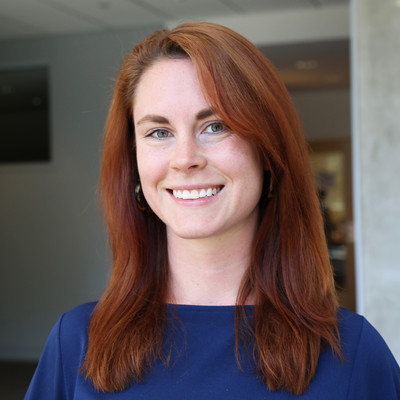 I think December is the perfect month to write a statement of purpose, and I’ll tell you why. There’s a deeply rooted inclination towards reflection in the winter months: if fall is the time to reap your harvest and spring is the time to plant seeds, winter is surely the natural time to hunker down in your home, and to think about what’s to come. As the past year draws to a close (after what seems like approximately 47 months) and with the new year approaching, it seems like peoples’ thoughts naturally shift to reflection, goal-setting, and of course, resolutions.
I think December is the perfect month to write a statement of purpose, and I’ll tell you why. There’s a deeply rooted inclination towards reflection in the winter months: if fall is the time to reap your harvest and spring is the time to plant seeds, winter is surely the natural time to hunker down in your home, and to think about what’s to come. As the past year draws to a close (after what seems like approximately 47 months) and with the new year approaching, it seems like peoples’ thoughts naturally shift to reflection, goal-setting, and of course, resolutions.
This is the perfect mindset to be in when you’re writing your statement of purpose. You’ll notice that I call it a statement of purpose, and not a personal statement. Don’t be misled by articles that tell you they are essentially the same thing: the two are in fact very different. When you applied to your undergraduate institution, you most likely wrote a personal statement, which is much more, well… personal. Most undergraduate programs recognize that at seventeen or eighteen, you probably don’t have as many concrete goals or plans, and that the ones you have now may shift over the next four years. That’s what college is for, to discover yourself and what you want to do! But when applying to a graduate program, we want to hear much more about your skillset, your goals, and answering your specific questions of why this degree and school are right for you.
To write a statement of purpose, that’s where you need to start, and that’s where I think this special time of the year plays a crucial role. Reflect back on your experiences and what has led you to this exact moment. Be as specific as possible: if you want to help people, that’s great, but tell the reader why you want to help people in this way. I would recommend nailing down concrete, specific answers to the following questions:
- When did you decide you would need a graduate degree to accomplish the work you want to do? When did you decide that a graduate degree from Heller would help you to best accomplish that work?
- What skill-set will you bring to a graduate program? Why are you qualified for this program?
- What skills do you want to gain? How will a graduate degree from Heller help you to gain those skills?
- What opportunities do you hope this degree will open up? What do you hope to accomplish during graduate school?
- What do you hope to accomplish after you complete your degree?
Again, you want to be as specific as possible, both about yourself and the program that you’re applying to. There are millions of students applying to hundreds of thousands of graduate programs this year, but what sets you and your chosen program apart? Think of it in terms of new years resolutions: vague goals like “exercise more” or “save money” almost never work out. Rather, you want to nail down specific things like, “Exercise at least three times a week for at least thirty minutes” or “Save at least 15% of your paycheck every month”.
Over the next week, take some time to pour yourself a cup of your favorite warm winter beverage, curl up on your couch and really take some time to look back on what you’ve accomplished and what you hope the years ahead bring you. Journal out your answers to those questions if you need to. If you find yourself slipping into generalities, try to force yourself to name something concrete that drew you to the program. Next week, we’ll dive into the structure of your statement of purpose, the essential scaffolding that will set your statement.
